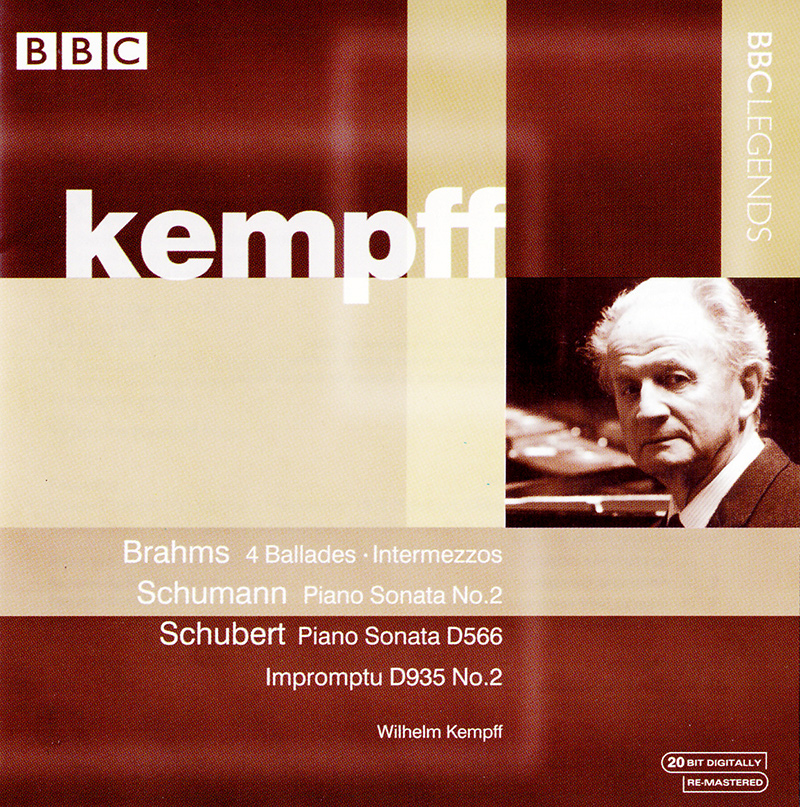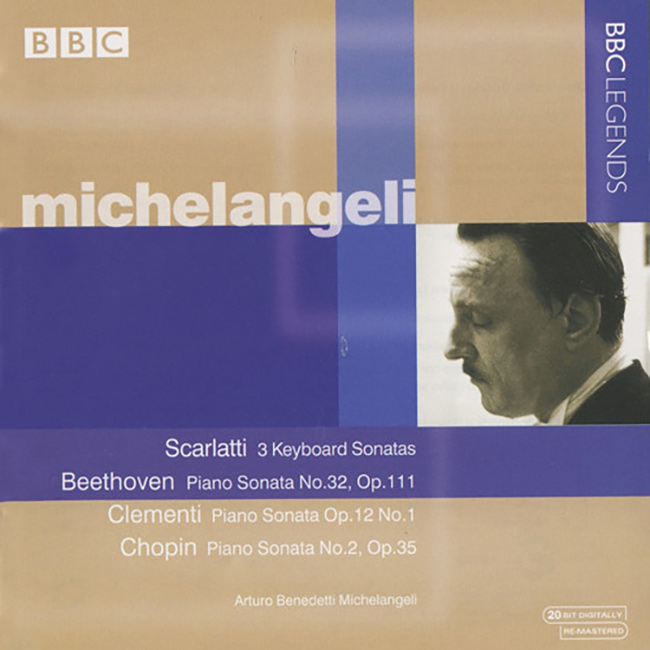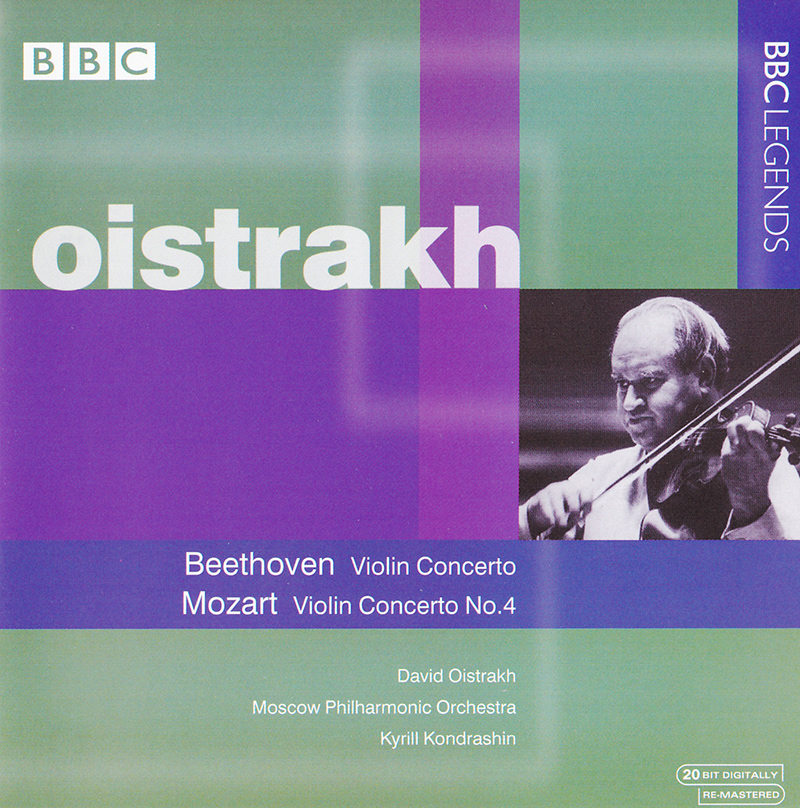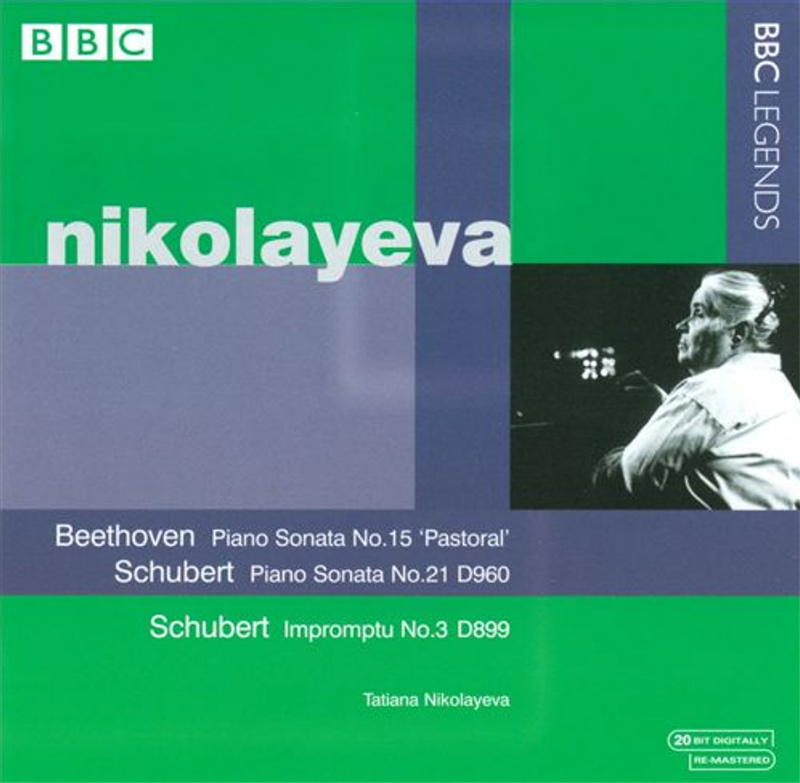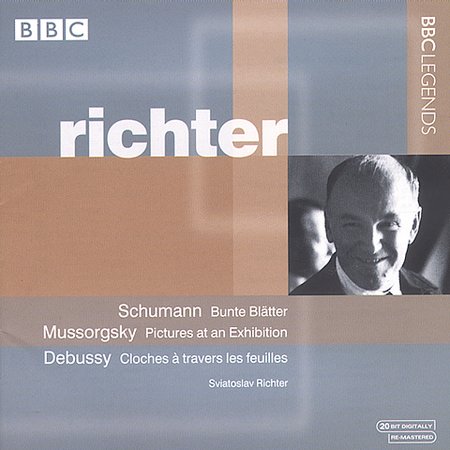Logowanie
OSTATNI taki wybór na świecie
Nancy Wilson, Peggy Lee, Bobby Darin, Julie London, Dinah Washington, Ella Fitzgerald, Lou Rawls
Diamond Voices of the Fifties - vol. 2
Tylko 1000 egzemplarzy!!!
DVORAK, BEETHOVEN, Boris Koutzen, Royal Classic Symphonica
Symfonie nr. 9 / Wellingtons Sieg Op.91
nowa seria: Nature and Music - nagranie w pełni analogowe
Petra Rosa, Eddie C.
Celebrating the art and spirit of music - vol. 3 - Pure
warm sophisticated voice...
Peggy Lee, Doris Day, Julie London, Dinah Shore, Dakota Station
Diamond Voices of the fifthies
Tylko 1000 egzemplarzy!!!
SAMPLER - STS DIGITAL, Buddy Tate, Milt Buckner, Walace Bishop
Jazz Masters - Legendary Jazz Recordings - v. 1
proszę pokazać mi drugą taką płytę na świecie!
Chesky! Niezmiennie perfekcyjny
Winylowy niezbędnik
ClearAudio
Double Matrix Professional - Sonic
najbardziej inteligentna i skuteczna pralka do płyt winylowych wszelkiego typu - całkowicie automatyczna
BRAHMS, SCHUMANN, SCHUBERT, Wilhelm Kempff
Four Ballades for Piano / Piano Sonata No.2 in G minor / Piano Sonata in E minor
- Wilhelm Kempff - Kempff (BBC Legends-1969)
- 01. Schubert Piano Sonata in E minor, D566 - I. Moderato (7:12)
- 02. Schubert Piano Sonata in E minor, D566 - II. Allegretto (6:12)
- 03. Brahms Four Ballades for Piano, Op.10 - No.1 - Andante "Edward" (3:43)
- 04. Brahms Four Ballades for Piano, Op.10 - No.2 - Andante (6:13)
- 05. Brahms Four Ballades for Piano, Op.10 - No.3 - Intermezzo. Allegro (3:52)
- 06. Brahms Four Ballades for Piano, Op.10 - No.4 - Andante con moto (7:52)
- 07. Schumann Piano Sonata No.2 in G minor, Op.22 - I. So rasch wie moglich (6:44)
- 08. Schumann Piano Sonata No.2 in G minor, Op.22 - II. Andantino. Getragen (4:43)
- 09. Schumann Piano Sonata No.2 in G minor, Op.22 - III. Scherzo rasch und markiert (1:49)
- 10. Schumann Piano Sonata No.2 in G minor, Op.22 - IV. Rondo. Presto (6:10)
- 11. Schubert Impromptu in A flat major, D935 No.2 (5:36)
- 12. Brahms Six Piano Pieces, Op.118 - No.5 - Romance in F major (3:34)
- 13. Brahms Six Piano Pieces, Op.118 - No.6 - Intermezzo in E flat minor (5:03)
- 14. Brahms Eight Piano Pieces, Op.76 - No.4 - Intermezzo in B flat major (2:49)
- Wilhelm Kempff - piano
- BRAHMS
- SCHUMANN
- SCHUBERT
"Another cherishable reminder of the art of one the last century's greatest pianists." Gramophone Some refined Romanticism passes under the hands of veteran pianist Wilhelm Kempff (1895-1991) on this sweet disc, recorded from two Queens Hall recitals, 17 September 1972 (Schubert, Brahms–Op. 10, Schumann) and 3 November 1969 (Brahms). An introspective delicacy informs every piece, though Kempff’s ability to shift into percussive declamation comes forth well enough, as in the middle section of the opening D Minor Ballade of Brahms, based on Herder’s “Edward.” The gentle, often liquid sounds Kempff urges from his palette remind me how his Decca recording of Liszt’s Au bord d’un source has remained my personal favorite. The Andante Ballade by Brahms, alternating between hard breathing and relaxed melancholy, seems the natural extension of the Lisztian ethos. Kempff opens with two movements from Schubert’s E Minor Sonata, both of which exhibit Kempff’s natural disposition for keyboard cantabile. Deft application of finger pressure and pedal renders a lovely A-flat Impromptu, ceremonial and wistful at once. Atmospheric and lightly etched, the music – as it does in the middle section of the Brahms Third Ballade – rises from some otherworldly music-box. Lulling cascades of sound in harp-like sonority close the Brahms group, a salon performance of these youthful pieces, each conceived as a throbbing jewel. Pulsating in the midst of Kempff’s easy classicsm is Schumann’s frenetic G Minor Sonata, a tribute to his Florestan, the impulsive side of his polymorphous nature. Big gestures, posturing, skittish solipsism are all the earmarks of the Schumann attempt at protracted adolescence. Nostalgia mixed with tricky figurations and syncopations, interior anagrams, and suggestions of the Carnival-Jest permeate this crisp, weirdly concocted sonata. If Kempff’s articulation of “rasch” is somewhat circumscribed, the spirit of the music emanates a striving for the impossible dream. The late Brahms, the Romance in F Major and the E-flat Major Intermezzo, flow out of a silver canister, a row of nostalgic pearls. Kempff rivals Rubinstein and Malcuzynski in his restrained, intensely passionate rendition of the latter. The Op. 76, No. 4 makes a natural encore even to the others, its rocking motion and veiled harmonies a valediction entirely its own. — Gary Lemco





























